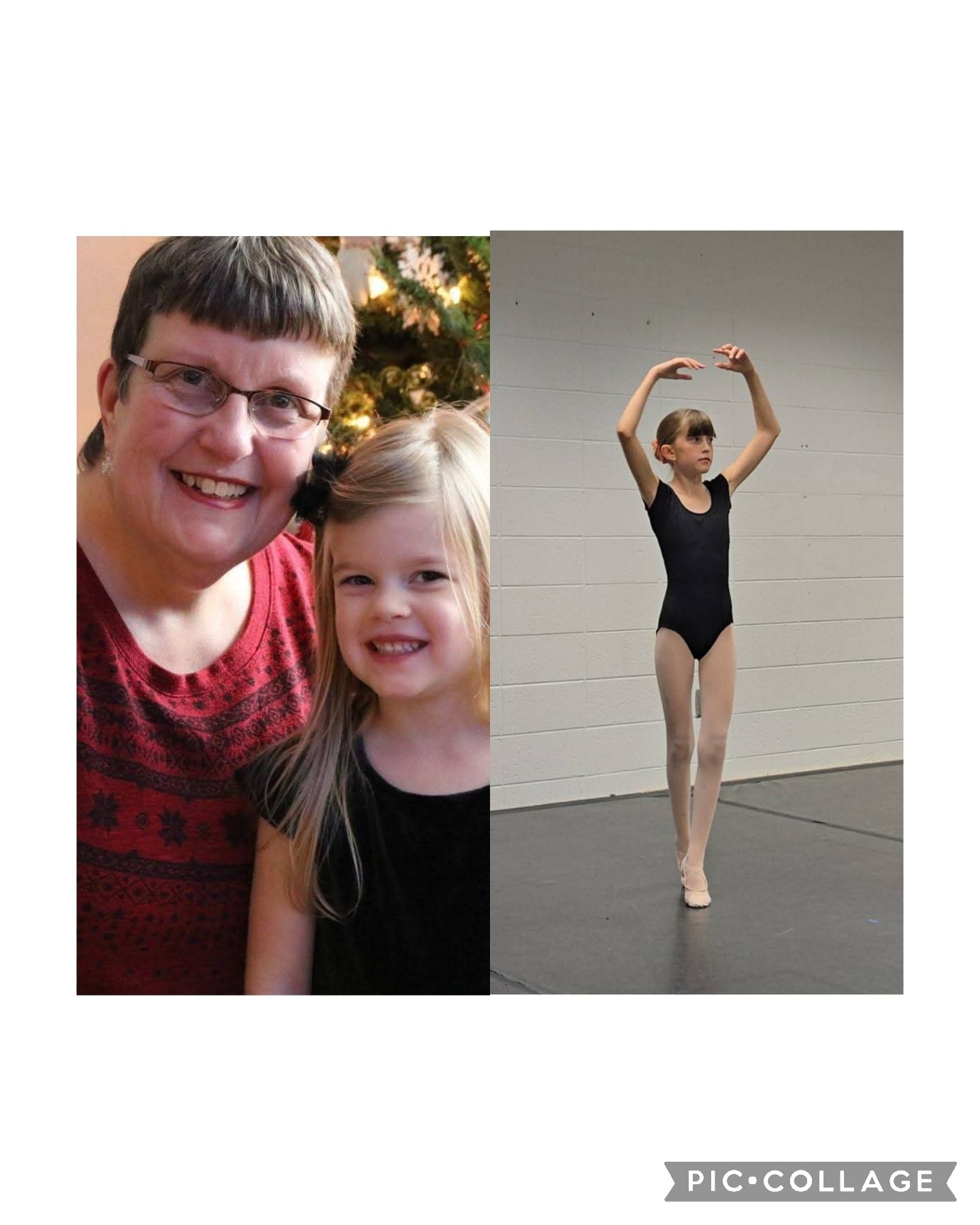This article was written by Esther Wojcicki and taken from the CNBC website. We found the information to be very beneficial so we are sharing on our blog.
Developing skills like curiosity, kindness and emotional intelligence at a young age will help kids succeed as adults. But there’s one skill that parents aren’t teaching their kids enough of today: self-regulation.
When kids learn to self-regulate, they better understand the importance of time and how to manage their own behaviors and actions.
Kids need to learn self-regulation now more than ever
Twenty years ago, children would meet up with friends in person, play outside, do puzzles and read books.
Things have changed a lot since then. We are constantly on electronic devices. And kids are tech-savvy. I’ve seen second graders demand cell phones from their parents to take photos or go on social media.
But it’s not so much the access kids have that worries me. It’s the lack of self-control and self-efficacy regarding the access. How much time should kids have on a digital device? How often should they use it? What should they be doing on it?
Self-regulation isn’t just about screen time. It ultimately helps them become more capable and confident in all aspects of their lives.
How parents can help kids self-regulate
Self-regulation begins to develop rapidly in the toddler and preschooler years, so the sooner we start teaching it, the better.
1. Model a healthy relationship with technology.
Think of the last time you were eating lunch while typing an email while listening to a podcast and checking your phone each time it dinged. We’ve all been there.
Children can have a hard time self-regulating because their parents model this behavior. Remember, our kids are constantly watching and copying us!
Even worse, a survey of over 6,000 participants found that 54% of kids thought their parents used their devices too frequently. Thirty-two percent of kids felt “unimportant” when their parents were on the phone.
Unimportant. That makes me sad. How many of us adults have felt that way when someone checked their phone during a conversation? Yes, phones are addictive, but for our children’s sake and ours, we must set boundaries.
2. Teach them to be patient.
Self-regulation is made up of many skills, and one of them is patience. A study on delayed gratification found that kids who are able to wait longer for rewards tend to have better life outcomes.
Here’s the opposite of teaching patience: letting a kid be online for the entire day — in the car, in restaurants, at the dinner table.
For my girls, waiting and saving were part of our lives. We didn’t have much money when they were growing up, so we saved for what we wanted. They each had their own piggy bank, and they filled them penny by penny. We even cut coupons from the newspaper every Sunday.
When they were able to purchase something they wanted because of their patience, they felt a sense of accomplishment.
3. Let them be bored.
As a teacher, my students would sometimes complain to me that I couldn’t hold their attention during lectures. But I never got upset or offended.
I seized it as a learning opportunity and said: “I want you to go home and ask your parents if they are ever bored at their jobs. If you come back tomorrow with the answer that they are never bored, you can skip my lecture.”
That got their attention. “Being bored is preparation for life,” I told them. “You are practicing right now.” They laughed, but they all understood. Life is sometimes, or often, boring.
But you can learn a lot during those moments. You can either go straight to your phone, or you can dream: What are your goals? What are your next steps? What obstacles are in the way? Where do you feel the most excitement, the most hope?
4. Set tech rules.
This is a no-brainer, but surprisingly, many parents don’t establish the ground rules.
Here some of my top rules for technology:
1. Set up a plan with your kids, not for your kids.
2. No phones during meals, whether in your house or someone else’s.
3. No phones after bedtime. Explain the importance of sleep for brain development, and remind them that their bodies grow when they sleep.
4. Use discretion with small children. Younger kids, starting at age four, should be taught how to use cell phones in case of an emergency.
5. Children should come up with their own cell phone policies for family vacations, or any kind of social activity where they need to be present. Be
sure to choose a penalty for disobeying their own policy (e.g., losing a certain amount of time on a device).
6. Discuss what pictures and audio are appropriate to share online. Explain that whatever they post leaves a digital footprint.
7. Help them understand what cyberbullying is, and its negative impact on others. I always say: “Laugh with your friends, not at them.”
8. Teach them to not give out personal identification information.
The goal is to empower them and teach self-efficacy. When kids can self-regulate, they are more likely to have more successful relationships with themselves and with others.




